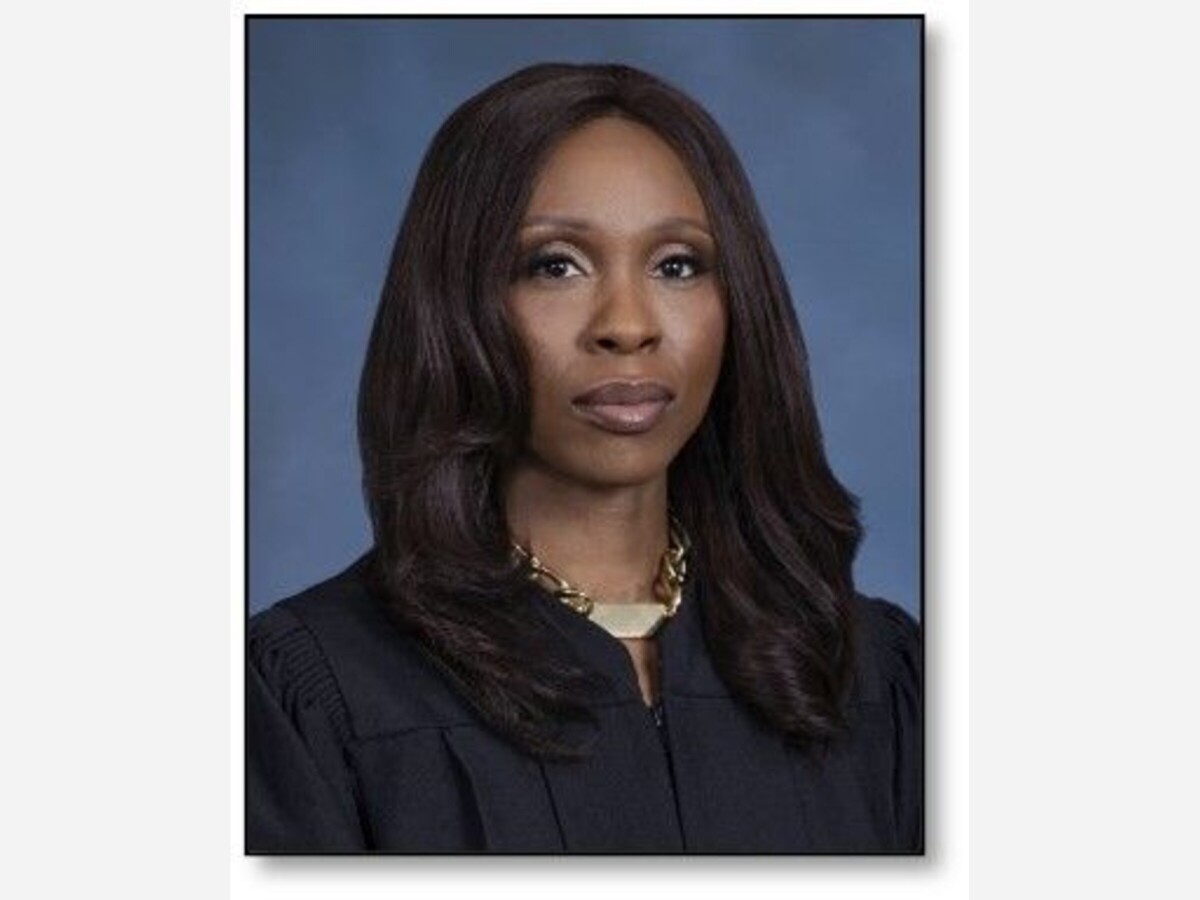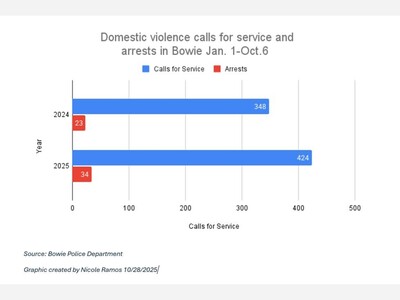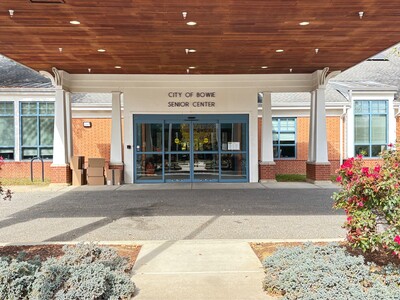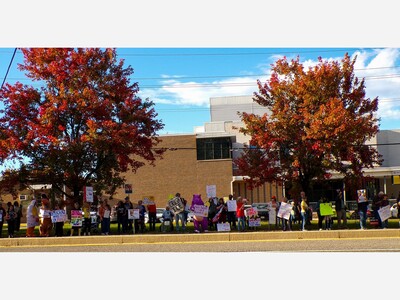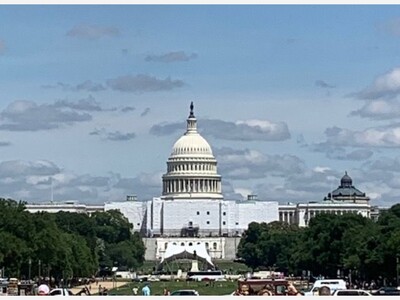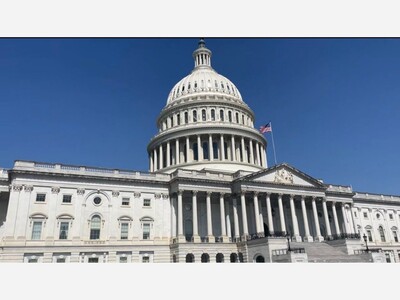This post expresses the views and opinions of the author(s) and not necessarily that of The Bowie Sun management or staff.
This opinion delves into the dichotomy of trusting the justice system while acknowledging its pervasive flaws.
Journey to Judgeship
In 2020, I ran on an independent slate for judge to embody understanding, compassion, and fairness—principles often elusive for "Me Too" victims and other marginalized individuals. Garnering the support of 206,096 voters, I believed my election was a step towards making justice accessible to those who had lost faith in the system.
Initial Discoveries of Corruption
Shortly after taking office, I discovered my signature had been forged on a court order, followed by unlawful and unconstitutional actions against me. Suspecting former Administrative Judge Sheila Tillerson Adams and Administrative Judge Daneeka Cotton, I sought help from the County Office of Information Technology to investigate unauthorized access to my electronic files. However, Judge Adams obstructed these efforts despite lacking the authority to do so. This obstruction compelled me to file complaints with the State Prosecutor and the Commission on Judicial Disabilities, highlighting three crimes: forgery, unauthorized computer access, and falsifying public records.
Nepotism
Further interactions revealed Adams' engagement in nepotism, using taxpayer dollars to benefit her friend, former Senator Tommy Broadwater, a bail bondsman and adult entertainment club owner. Despite abstaining from a vote that abolished bail bond licensing because it created a financial deficit, Adams issued an order allowing Broadwater to operate without paying fees for a year, exacerbating the county's financial deficit. Adding to the complexity, Adams is married to Mayor of Bowie, Tim Adams, who prides himself on earning significant wealth from being awarded government contracts. Tim Adams ran for office twice, with Broadwater supporting his campaigns. This close-knit web of relationships and financial interests paints a troubling picture of the intertwining of personal gain and public service, further deepening the concerns about corruption and lack of accountability.
Conspiracy and Retaliation
While my complaints were pending with the Commission, Adams resigned, and Cotton admitted to seeking "repercussions" against me. Along with Judge Michael Pearson, they filed a complaint against me totaling over 500 pages, a common tactic against whistleblowers. More than two-thirds of whistleblowers face retaliation, including job loss and ostracization, and I was no exception.
Adams served for 30 years, her influence deeply embedded throughout the courthouse and the county. Most in the courthouse feared going against her. For example, Judge Pearson initially expressed a romantic interest in me that I did not immediately discourage. His interest quickly dissolved under the influence of Adams and Cotton. Suddenly, Pearson got amnesia about sending me a hostile email after I eventually made it clear that I did not reciprocate his feelings. To align with the conspiracy to retaliate led by Adams and Cotton, he denied making sexual advances toward me.
My initial staff were under Adams’ control, and she used them to undermine me, forcing me to terminate them. Adams used these terminations to portray me as hostile and uncooperative.
Adams essentially put my courtroom up for sale to benefit her husband, Mayor Adams, who was running for Maryland Comptroller. Maryland Delegate CT Wilson appeared before me defending a man accused of domestic violence, including acts of rape and physical assault. During my training on this case, Cathy Serrette, the judge advising me, explicitly told me that I needed Adams' permission to rule against influential Delegate CT Wilson. Mayor Adams gave Delegate CT Wilson, a campaign donation just months prior to this case. Because I refused to participate in this corruption, my experience as a rape survivor became a weapon for them and I was framed to appear biased in rape cases, incompetent, and refusing to train.
Adams misrepresented a single email exchange where I clarified to my law clerk that I usually reject prisoners' requests for drug and alcohol rehab until they become eligible for parole, per legal requirements. These requests, often made by inmates serving long sentences for violent offenses, were frequently unfounded, and I made a point to educate the prisoners on the legal framework behind my decisions.
In another instance, I challenged Adams over rushing a family case that needed more time. I honored the request of the lawyers and family involved, which was cost-effective and an efficient use of my time. However, Adams spitefully took the case off the calendar, resulting in no trial at all. My decision was later used to falsely portray me as “mishandling several family cases.”
Impossible Working Conditions
Based on false allegations, the Commission charged me. In response, I filed a Civil Rights (Whistleblower) lawsuit against Adams, Cotton, and Pearson for unconstitutional retaliation, detailing the Commission’s efforts to hide the judges’ actions and participate in the retaliation.
The Maryland Supreme Court then banned me from the courthouse, and the Commission charged me with misconduct for filing the lawsuit. The Commission demanded a mental health examination with their chosen doctor and focused on my 2012 rape to discipline me, further revealing the system's cruelty. The Commission recommended my suspension for exposing flaws in the justice system. Brave police officers have endured the same, litigated and won in federal court, paving the way for my lawsuit.
Conclusion
Ultimately, I was forced out of the judiciary for exposing and challenging corruption within the Prince George's judiciary. Despite these hardships, my commitment to the law remains unwavering. My experiences highlight the urgent need for systemic reform, particularly through federal intervention. Only by addressing these deep-rooted issues can we restore faith in the judicial process and ensure that justice is truly served for all. It is time to confront the systemic flaws and corruption that undermine our justice system, reaffirming our commitment to fairness, transparency, and accountability.

